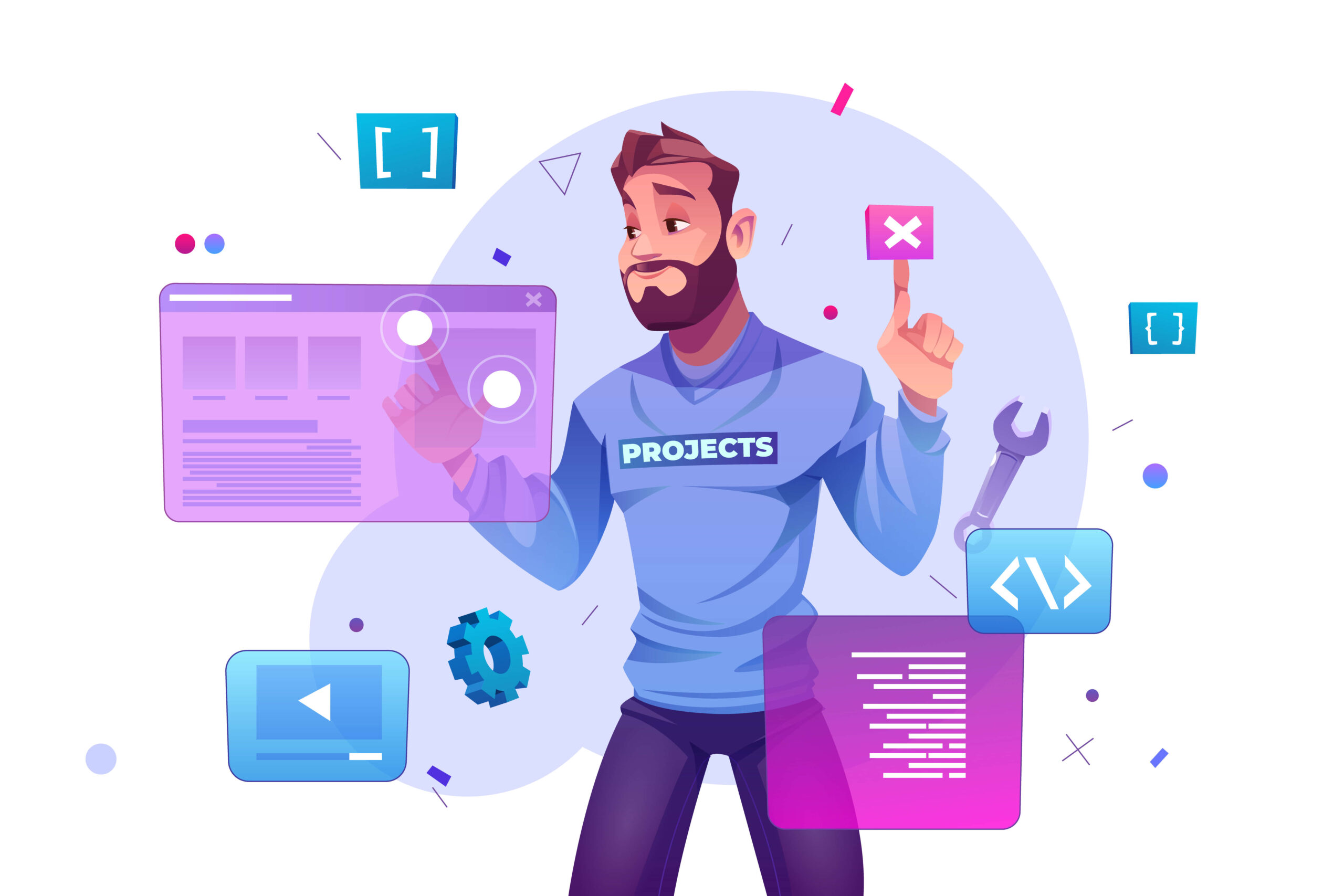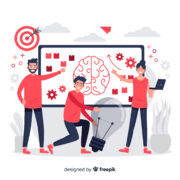MVP Development Consultant: Your Guide to Building a Successful Minimum Viable Product
In today’s fast-paced startup ecosystem, launching a product with minimal risk and maximum efficiency is crucial. This is where an MVP development consultant comes in. Whether you’re a startup founder with a groundbreaking idea or an established business looking to test new features, an MVP consultant helps streamline the development process, ensuring you build a product that meets market demand without unnecessary expenses.
Understanding MVP Development
A Minimum Viable Product (MVP) is the initial version of a product that includes only its core functionalities. The goal of an MVP is to validate an idea with real users while minimizing costs and development time. MVPs allow businesses to:
- Test their hypotheses in the real market
- Receive user feedback early
- Reduce risks and avoid over-investing in unwanted features
- Achieve faster time-to-market
- Secure funding from investors based on early traction
An MVP development consultant plays a vital role in guiding startups and businesses through this process, ensuring they follow best practices and maximize their chances of success.
The Role of an MVP Development Consultant
An MVP development consultant provides expertise at every stage of product development, from ideation to market validation. Their responsibilities typically include:
1. Market Research & Validation
Before starting development, an MVP consultant conducts market research to assess demand. They help clients analyze:
- Target audience
- Market size and competition
- User pain points and needs
Validating an idea before investing in development ensures that resources are used effectively.
2. Defining Core Features
A common mistake startups make is building too many features too soon. An MVP development consultant helps businesses prioritize functionalities that are essential for initial market validation. Using frameworks like the MoSCoW method (Must-have, Should-have, Could-have, Won’t-have), they define the scope of the MVP.
3. Creating a Roadmap & Development Plan
An MVP consultant works closely with product owners and development teams to create a step-by-step roadmap. This roadmap includes:
- Development milestones
- Budget estimation
- Timelines and sprint planning
A well-structured plan prevents scope creep and ensures the project stays on track.
4. Choosing the Right Tech Stack
Selecting the appropriate technology stack is crucial for a scalable and efficient MVP. A consultant evaluates different options based on factors such as:
- Project complexity
- Scalability requirements
- Budget constraints
- Development speed
They might recommend no-code/low-code platforms for rapid prototyping or custom development for long-term scalability.
5. Managing the Development Process
MVP consultants work closely with development teams to:
- Oversee agile development cycles
- Conduct regular sprint reviews
- Ensure the product meets quality standards
- Implement continuous testing and feedback loops
This hands-on involvement ensures that the MVP aligns with business goals and user needs.
6. Launching the MVP & Gathering Feedback
After development, an MVP consultant assists with the product launch, including:
- Marketing and user acquisition strategies
- Tracking key performance metrics
- Collecting and analyzing user feedback
This feedback is critical in shaping future iterations of the product.
7. Scaling Beyond the MVP
Once the MVP has validated the business idea, an MVP development consultant helps with scaling strategies, including:
- Expanding features based on user demand
- Optimizing performance and security
- Preparing for full-scale development
Why Hire an MVP Development Consultant?
Many startups fail due to poor product-market fit or inefficient development processes. Hiring an MVP development consultant offers several benefits:
1. Saves Time and Resources
Consultants bring industry expertise, preventing costly mistakes and unnecessary development cycles.
2. Focuses on Market Fit
With their experience, they ensure that the MVP is built around real user needs rather than assumptions.
3. Access to a Network of Experts
Most consultants have a network of developers, designers, and marketers who can contribute to the project’s success.
4. Reduces Risks
By validating the idea before full-scale development, businesses reduce the risk of launching an unsuccessful product.
5. Provides an Objective Perspective
A consultant offers an unbiased view of the product, helping founders avoid emotional investment in non-essential features.
How to Choose the Right MVP Development Consultant
Selecting the right consultant is crucial for a successful MVP launch. Consider the following factors when hiring:
1. Relevant Experience
Look for consultants who have worked on similar projects in your industry.
2. Strong Portfolio & References
Review past projects and ask for client testimonials to evaluate their track record.
3. Knowledge of Agile & Lean Development
MVPs require an iterative approach, so expertise in Agile and Lean methodologies is essential.
4. Problem-Solving Skills
A good consultant should be able to anticipate challenges and provide solutions.
5. Communication & Collaboration
Since they work with different stakeholders, strong communication skills are a must.
Conclusion
Building a successful MVP is a strategic process that requires careful planning, execution, and iteration. An MVP development consultant helps businesses navigate this journey by providing expert guidance at every step. From validating ideas and defining features to managing development and scaling the product, their expertise ensures that startups maximize their chances of success while minimizing risks and costs.
If you’re looking to build an MVP and need expert advice, hiring a consultant could be the key to turning your vision into a viable, market-ready product.



